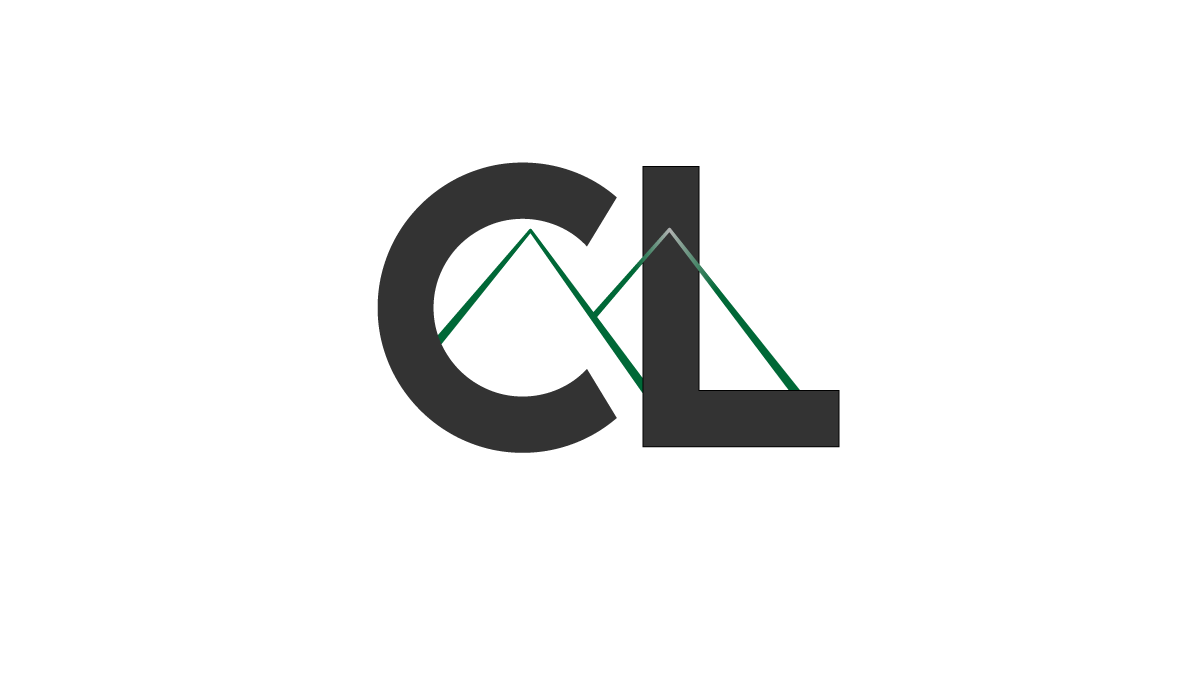"For the want of a nail, the shoe was lost;
for want of a shoe, the horse was lost;
and for want of a horse, the rider was lost,
being overtaken and slain by the enemy,
all for want of care about a horseshoe nail."
Benjamin Franklin
Often, one small trigger can cause a series of cascading failures. Risk magnifies when not dealt with appropriately. Each subsequent consequence from a trigger magnify disproportionately until dealt with the same level of effort or energy.
The trigger can start a cascading effect that causes other events to be triggered and more mistakes to be made to the point where a series of failures lead to a catastrophe. You can see this kind of activity in many fields or profession. In healthcare, it could take place in the form of a system failure that ultimately causes an entire hospital to shut down. In the case of Long Term Capital Management, it was one trading desk that almost brought down the entire financial system.
Tools for limiting Risk
Here are a few tools that are useful in preventing risks by either identifying potential trigger events or preventing cascading failures.
Stress Testing - In banking, a stress test is an analysis multiple scenarios to determine if an organization can withstand a negative economic shock. You can perform stress tests for any organization, depending on the scenarios you want to test for. I like using Monte Carlo analysis to help perform the stress test
Scenario Planning - Scenario planning can work along side a stress test by planning for a worst case scenario and then going through a series of exercises or drills for a particular situation.
Resource Allocation - Setting aside funds, or allocating tools and people in order to solve for a series of particular risks.
Insurance - This can be considered a form of resource allocation and is typically the first steps in mitigating any kind of risk. However, many risks are not only financial but have implications in terms of people and the tools that they use.
Backup Funds - Beyond simply carrying insurance, it is wise to have a backup fund that can serve as a backstop in assisting you during an emergency.
Specialized Knowledge - Attaining specialized knowledge can help you understand the nature of a particular risk and work to prevent it.
There is an entire field of study around limiting risk, but these are a few of the tools that I have found useful in life and work.
